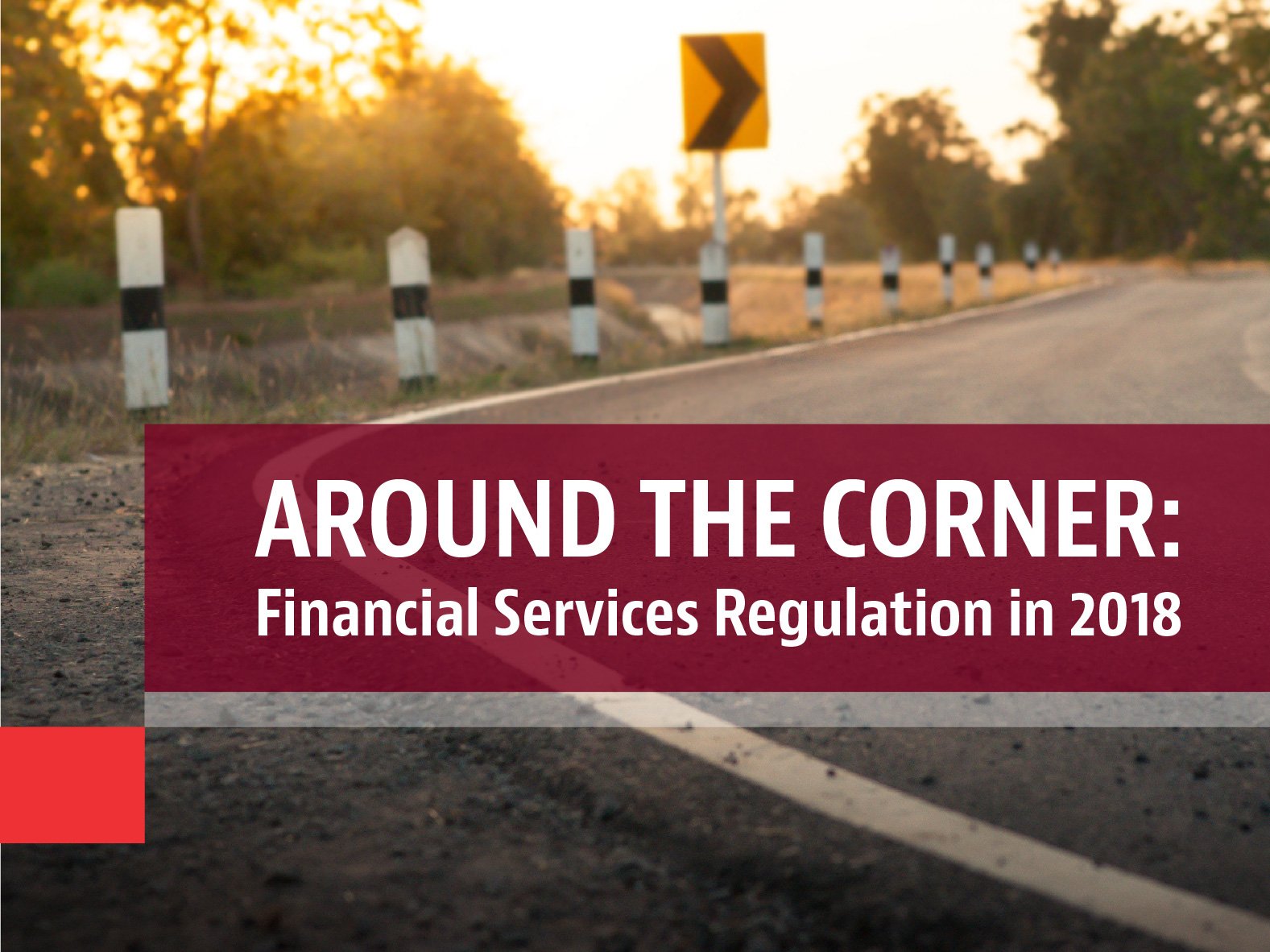It’s now been two months since MiFID 2, which includes MiFIR, came into effect. The legislation seeks to increase investor protection and enhance market transparency, efficiency and oversight in the EU. In respect of market transparency, crucially, this meant moving significant volumes of trading from over-the-counter (OTC) towards trading venues. At the time there were concerns over the sector’s state of preparedness. This led, for example, to regulators granting leading exchanges waivers exempting them until 2020 from having to provide non-discriminatory access for exchange-traded derivatives. This step was not without controversy as MiFID 2 was intended to bring greater competition. Another example, was the delay by ESMA in applying the “double volume cap” which limits dark trading. This was because the quality and completeness of the available market data did not allow for sufficiently accurate calculations to be made. January and February’s calculations were finally published this month. Similarly, the UK FCA provided relief to investment firms from the requirement to obtain legal entity identifiers from their clients before they can deal on their behalf.
So against this background how is implementation looking now? The answer is, perhaps, more smoothly than many had expected. As Andrew Bailey, the FCA’s chief executive said in a recent industry breakfast briefing, the introduction of MiFID II was a massive undertaking, but in the event it has gone ahead without causing market disruption. But it wasn’t just down to the efforts of the supervisory authorities. Bailey has publicly acknowledged the important role played by wholesale firms themselves and industry bodies, specifically citing AFME, ICMA and ISDA for “bridging the world of policy and practice.” However, before firms ease up on their implementation, the FCA has restated its expectation that firms comply with their obligations under MiFID2 and that those firms which are not in compliance should not expect any forbearance by the UK regulator.
‘Around the corner: Financial Services Regulation in 2018’ looks at what more to expect from this year.



